Sign the Gamer Petition here.
This winter, the game industry — developers, publishers, retailers, et al — will face the single biggest legal challenge that such entertainment, broadly, has ever been up against and in the Supreme Court of the United States (SCOTUS). The State of California had appealed the U.S. Ninth Circuit decision to strike down the so-called CA “video game violence” law in Schwarzenegger v EMA, which every court had done in every such “violent video game” case. But this time was different; For the first time, the U.S. Supreme Court agreed to review the case (via “accepting certiorari” aka “cert”). To be blunt, none of us expected it and we were all taken back by the decision. Just 1% of cases filed are granted cert — one percent!
At stake: gaming in America. Yes, you read that correctly.
California State Senator Leland Yee (D-San Francisco/San Mateo) is the former child psychologist who championed the “violent video game” bill from inception and is coordinating with California Attorney General, Jerry Brown (D-Oakland), and their legal team to muster forces representing the anti-game side. In the pro-games corner are trade associations which represent the corporations which make and sell games and other groups which have skin in the game, such as First Amendment rights organizations. Both sides have an impressive roster of academics, researchers and legal teams committed to a decisive win. Forget 800-pound gorillas; this is more like armies going to war. And the reason is simple: all legal precedent can go right out the window. The slate is cleaned.
In the time since the Court’s announcement there has been a lot of media coverage, both from the enthusiast outlets and the national press. A disturbing theme that you’d find too often in the consumer comments is one of apathy. Perhaps it arose from winning in each of the violence in video game cases. Maybe because, from our perspective, it’s hard to wrap your head around the idea that we could lose — the logic seems pretty obvious. But this is the U.S. Supreme Court, the only court in our country where the Justices don’t have to “follow the law” because they make the law that everyone else follows. And here’s the rub, as industry executives will openly admit: a loss wouldn’t just be limited to any one demographic, such as minors; or any one area, such as California; or even to any one art form, such as video games. It wouldn’t solely change how games are merchandised and sold. Should the U.S. Supreme Court determine that games may not necessarily enjoy the same First Amendment protections as music and movies do now, it would be catastrophic and the implications for gaming and gamers, and entertainment consumers generally, widespread.
Many states and legislators across the country will be watching the outcome of this case closely and are eager to see that there may be an opportunity to re-start their regulatory efforts. Developers are anxious because their rights as artists and creators may be substantially diminished. A loss would have a chilling effect on the medium as a whole — not limited to the United States. Other forms of media could quickly follow, with movies, music, books and all other previously protected First Amendment free speech on the block. Foreign governments often fashion and amend their own laws after SCOTUS decisions. Retailers and publishers, who presently employ a self-regulated ratings system (ESRB), not unlike movies, may be forced to comply with a regulatory environment, like alcohol, tobacco, and firearms. This case may significantly impact the rights of minors, as one of many First Amendment points to be debated will likely be whether minors have them or deserve to keep them. The age of majority is also inconsistent from state to state… The business, legal and cultural implications are mind-boggling.
In most SCOTUS cases, the perspective of the citizens is represented by the politicians — who are presumed to be representing the will of the people. The industry and its trade organizations represent the business. The idea of abdicating our personal consumer representation to the political figures in this case was and is unfathomable.
The Entertainment Consumers Association (ECA) is the non-profit membership organization which represents the rights of gamers in the U.S. and Canada. Our members pay an annual dues fee and in exchange receive advocacy representation, affinity benefits and discounts on games-related goods and services. We will be submitting a Friend of the Court document, called the consumer amicus brief, in support of the industry. That move, while it may appear obvious, is very uncommon. Similar membership organizations such as AAA or AARP are among the few that have the resources to bring such a document to bear. Additionally, ECA will be attaching a consumer petition, which any American of any age can sign on to. It simply, but emphatically, states:
We, the undersigned American video game consumers, purchase, rent and play video games the way we do other entertainment content such as movies and music. We respectfully request that you hold that video games are indeed free speech, protected under the First Amendment, like other entertainment media.
Petitions, historically, have not made or broken any SCOTUS cases; they have little legal bearing. The vast majority of what will determine whether we win or lose is predetermined. What a consumer amicus, and attached petition, will do is inform the justices, staff, clerks, historians, members of the Bar and Supreme Court press corps that consumers, in this case, are represented by consumers — not politicians. We will be showing that the will of the people is present, is not “covered” by a few select elected officials, and that we are making our case via the consumer amicus and also backing it up with the convictions of petition signatories. A petition that is viewed as successful may or may not be impactful, but one that is not successful could in fact harm the case. Maybe the amicus and petition will only change the game by one percent. Maybe it’ll be the same long odds that led to it being heard in the first place.
If you care about gaming and your rights, please, consider signing the petition.





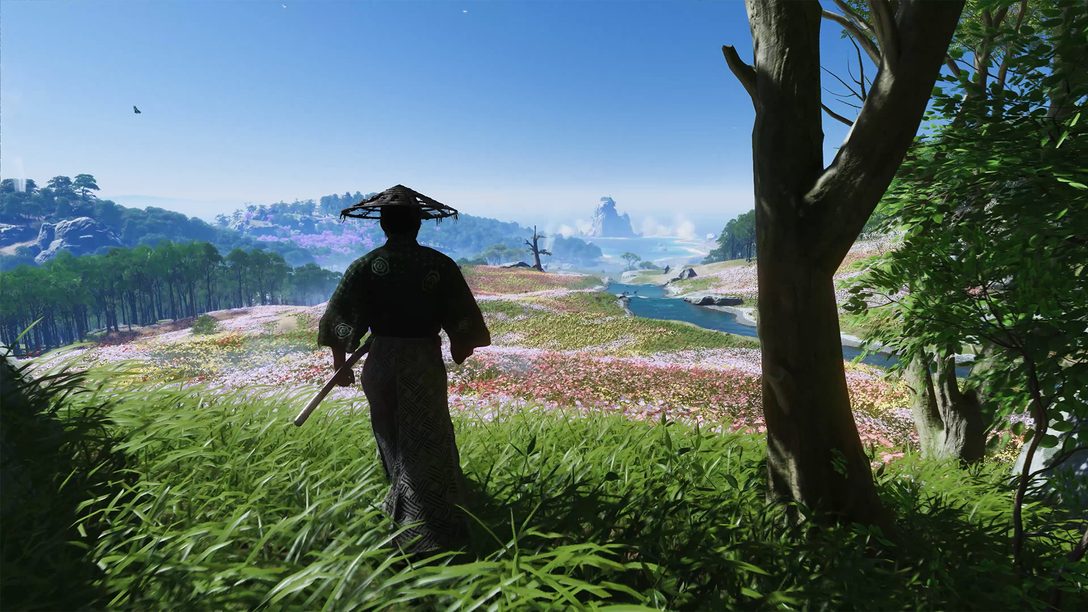
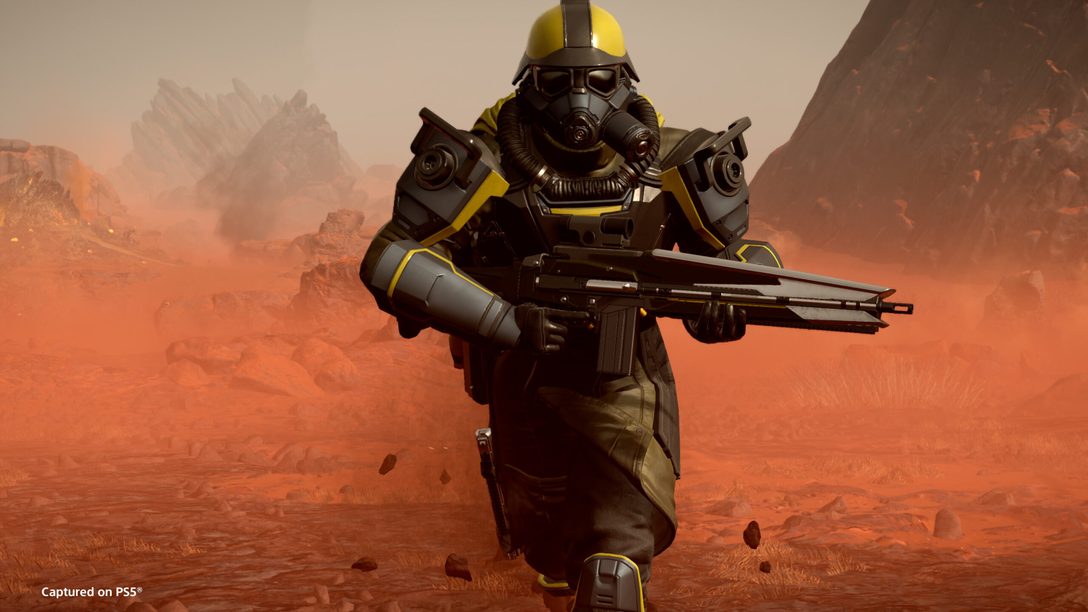
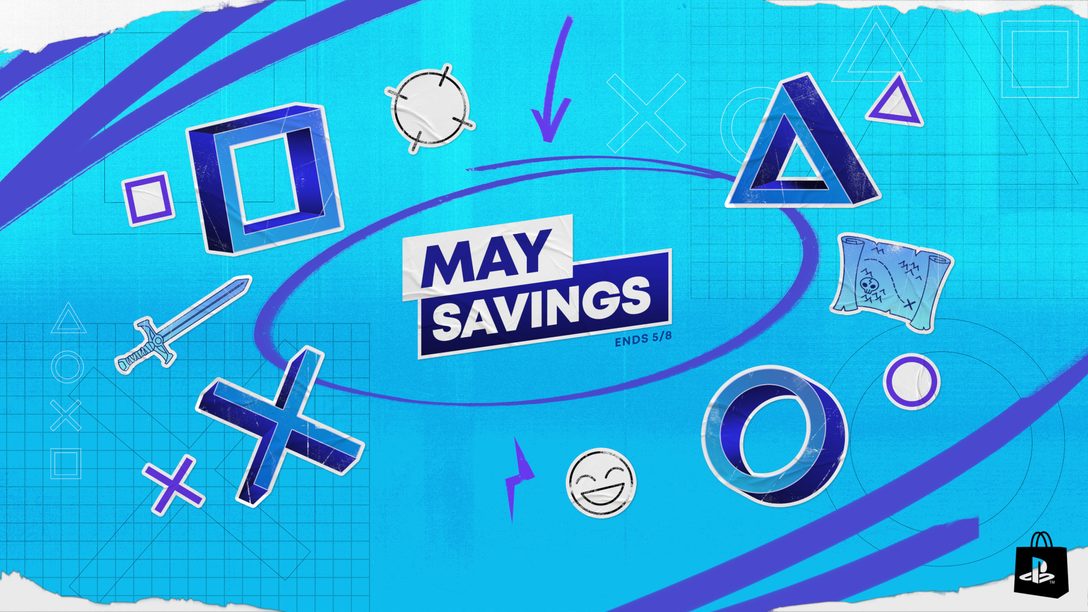

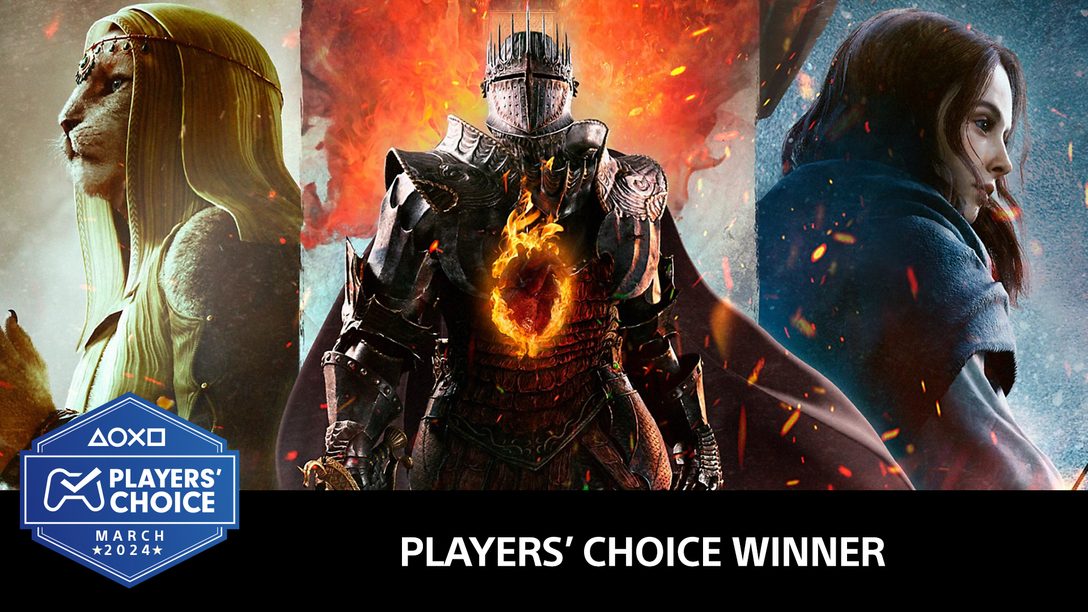
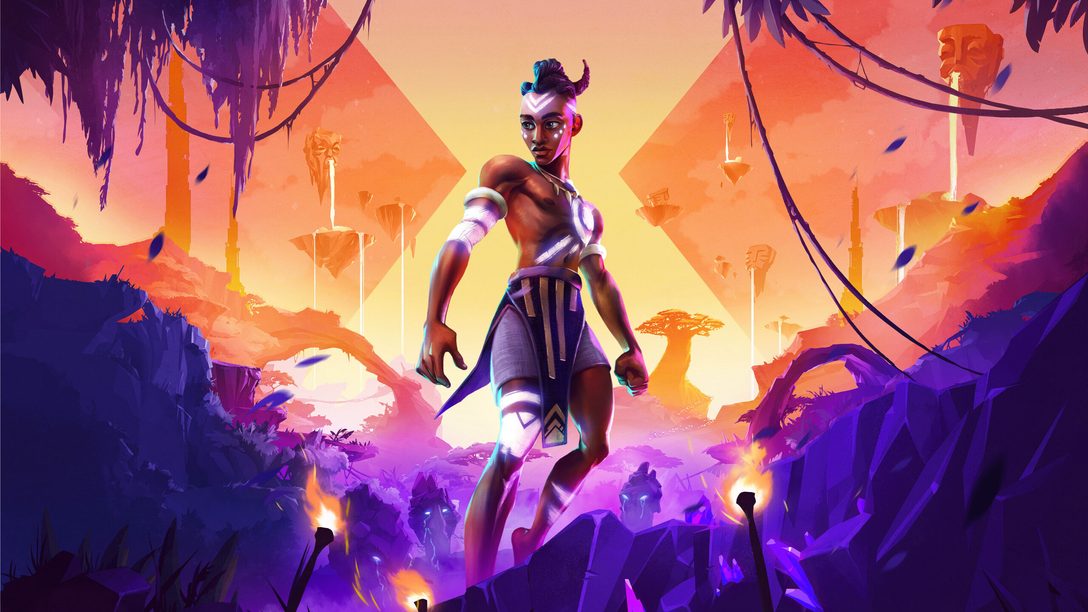

Comments are closed.
221 Comments
Loading More Comments